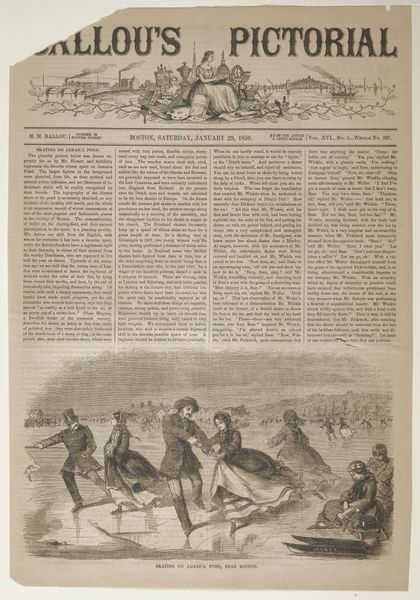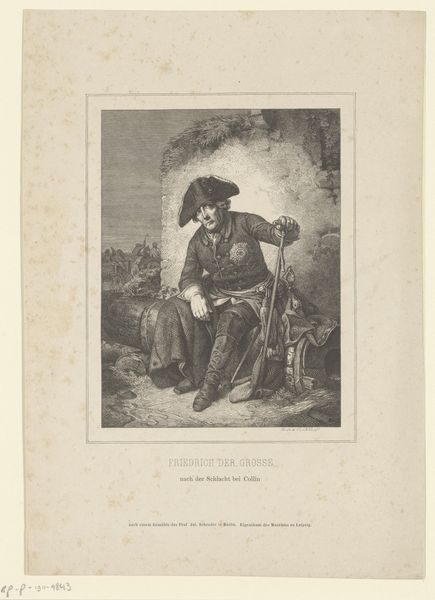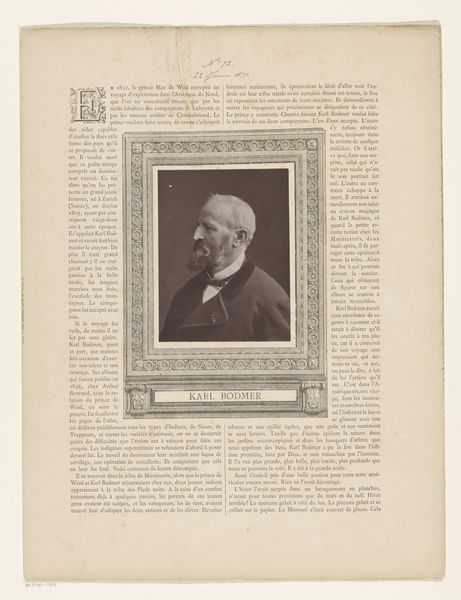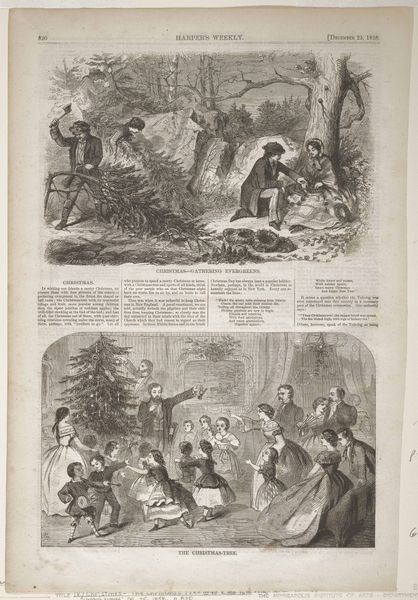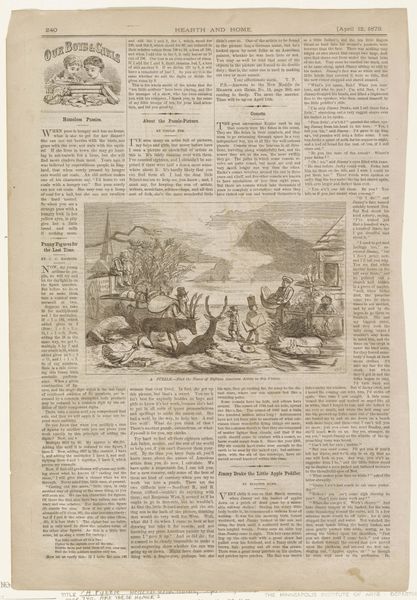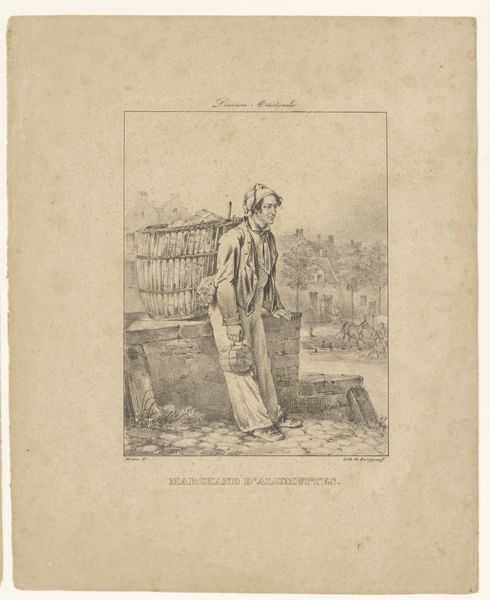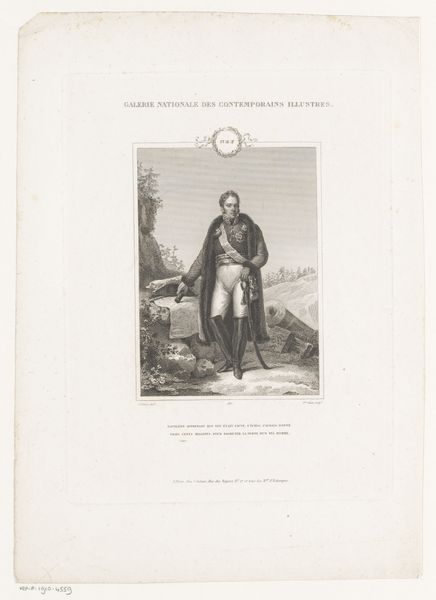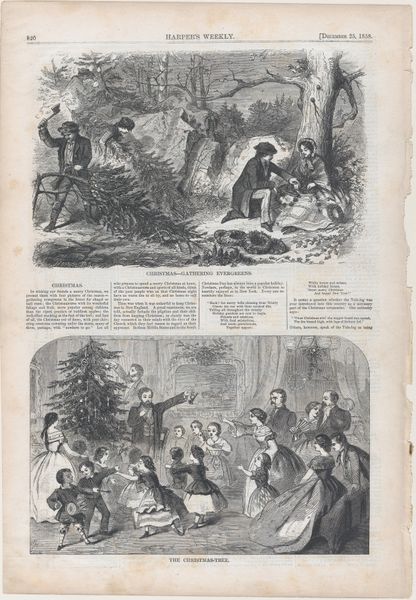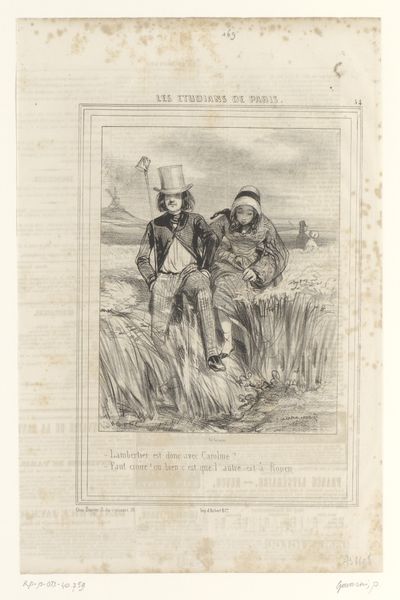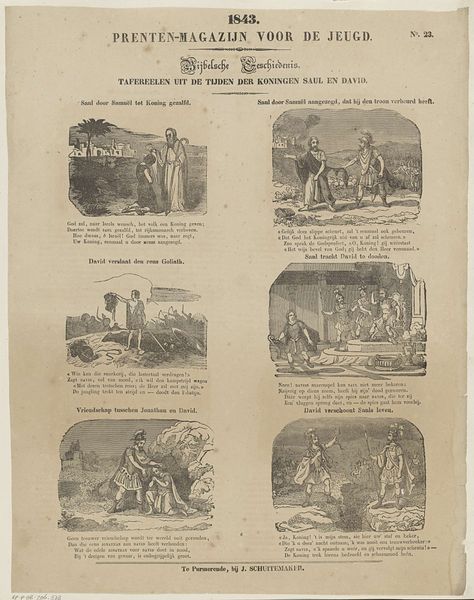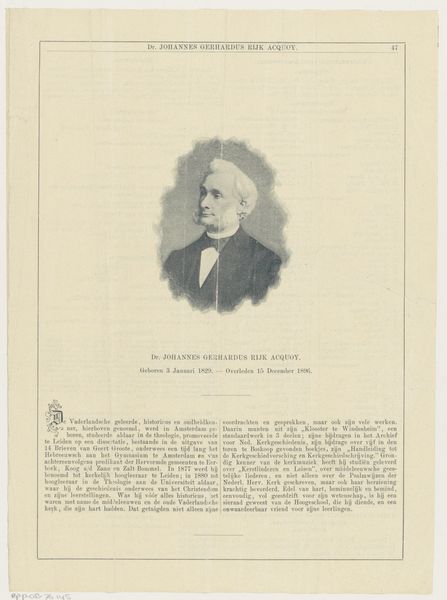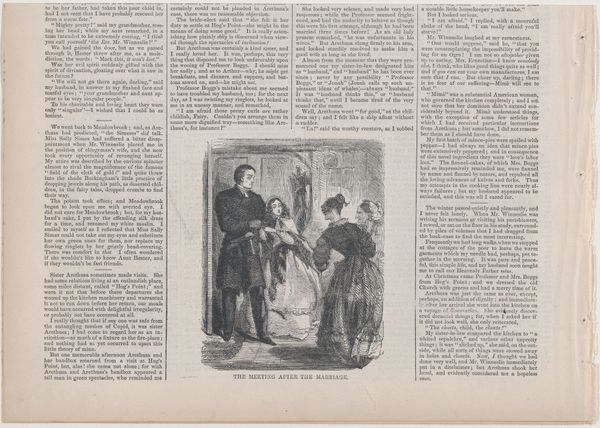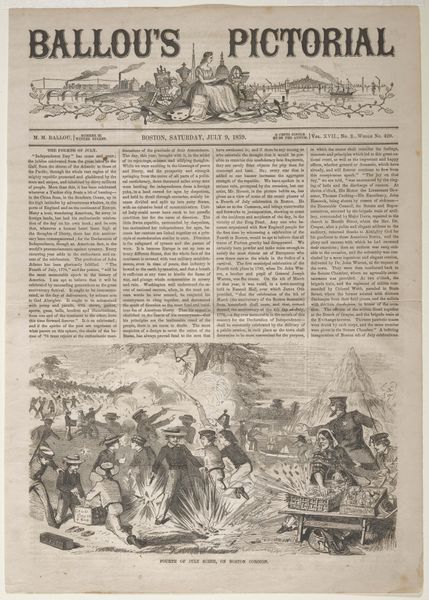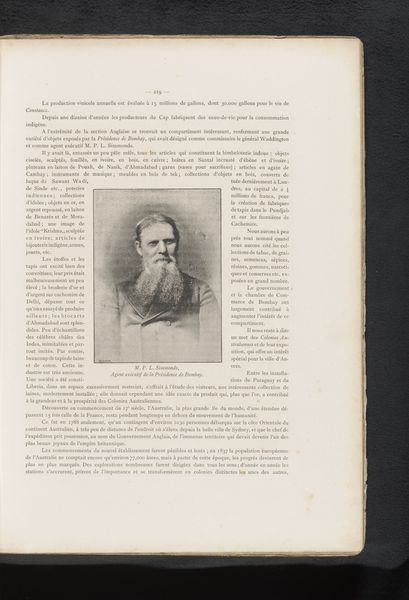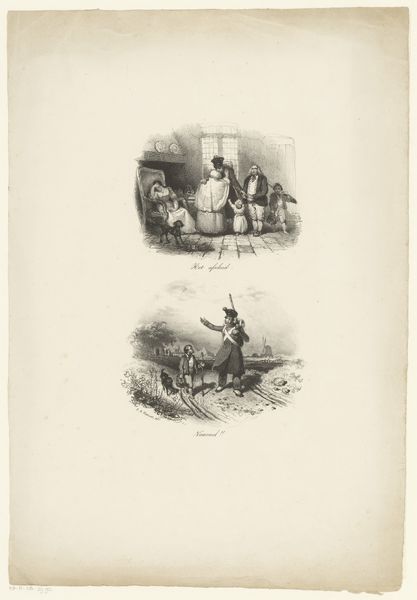
drawing, graphic-art, print, woodcut, wood-engraving, engraving
#
portrait
#
pencil drawn
#
drawing
#
graphic-art
# print
#
landscape
#
pencil drawing
#
woodcut
#
wood-engraving
#
engraving
Dimensions: 3 13/16 x 3 1/4 in. (9.7 x 8.3 cm)
Copyright: Public Domain
Curator: Looking at this particular print from 1857, the "Hon. William Hale" as rendered by Winslow Homer, it's hard not to be immediately struck by its stark contrasts. Editor: My initial reaction is one of somber observation. The use of black and white, the meticulous lines of the engraving—it all comes together to project a feeling of austerity, doesn't it? The sharp detail captures not only the subject's likeness, but perhaps hints at the weight of his responsibilities, the era's rigid ideals… I wonder about Homer’s state of mind translating someone else’s vision to such a meticulous printed image? Curator: Precisely. This print, crafted via woodcut or perhaps even wood-engraving, offers such an insight into the socio-political environment, being featured in Ballou's Pictorial Drawing-Room Companion. It wasn't just a portrait; it was distributed, consumed—a tangible representation of power and status made accessible. You see the mass production values clashing with Homer's meticulous attention. Editor: It's fascinating how you highlight the duality of intent – a personal depiction mass-produced to cement social order, using labor intensive craft-printing. You almost feel the artisan's presence mediating power through repetitive movements and carefully constructed materials that offer an aesthetic experience as you’re confronted with class status through imagery available to wider audiences.. It begs a lot of questions. Where were these publications printed and distributed? Curator: I quite agree. It certainly isn't your typical celebration of romantic landscapes. Yet, the detailed craftsmanship transforms a utilitarian printed image into something that resonates on multiple layers, revealing Homer's deep engagement with material and historical significance. Editor: Exactly! The means by which people gain access to cultural items provides a reflection back onto those doing and benefitting in tandem from their respective making processes. I wonder, can we see similar tensions when examining Homer’s later oil painting?
Comments
No comments
Be the first to comment and join the conversation on the ultimate creative platform.
